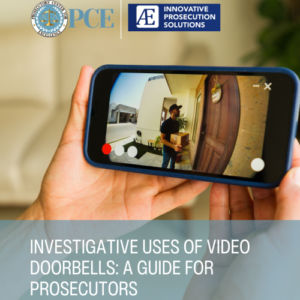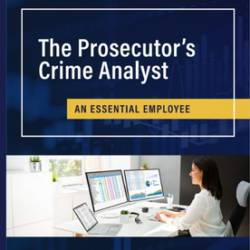PCE Pop-Up: Science-Based Interviewing for the Modern Prosecutor and Detective

On September 9, 2025 PCE hosted a Pop-Up on Science-Based Interviewing. It focused on prosecutor’s use of evidence backed techniques grounded in psychology and cognitive science to gather accurate and reliable information from witnesses, victims, and suspects. These methods prioritize rapport-building and open-ended questioning to reduce bias, enhance recall, and strengthen the quality of evidence. If you are interested in the meeting materials, please contact PCE.
Read More







